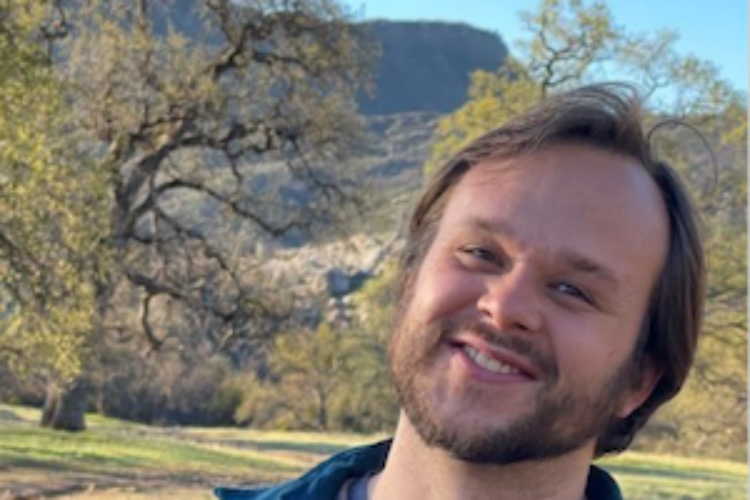World Population Reaches 8 Billion

by Stan Becker, Tom Cameron, Dick Grossman, Roy Treadway.
As ecological disasters of all kinds threaten our planet-—disasters worsened by increasing population—the number of humans on the Earth reached 8 billion in November, according to the United Nations Population Division. This marks the continuation of the very rapid growth of world human population in the past two centuries. The number of our own species has increased from 1 billion in 1830, doubling to 2 billion in 1930, and again doubling to 4 billion in 1974. By 1994 our population reached 6 billion, and only 28 years later, in 2022, to 8 billion. United Nations current projections show that by 2046 our planet could be home to 10 billion humans.
Unfortunately, with the rapid increase of our numbers and our ever-increasing consumption of the world’s resources, humans and their activities have invaded virtually every ecosystem on the planet, pushing many other species to extinction. These high numbers magnify all of the problems of our ecosystem and reduce the chances of success of all other environmental solutions. Clear and consistent scientific evidence shows that our growing population is contributing to significant problems.
Conversations on population are complex, difficult, and often dismissed because they intersect with matters of race, sex, and immigration. Historians have documented that some past population activism was rooted in eugenics, sexism, racism, and colonialism. Although reproduction is usually considered a very personal matter, some religious groups have coercive limitations on marriage and reproduction. Around the world, nearly 160 million women want to space or limit births, but do not have access to modern methods of contraception. Those women in developing countries often have poor access to reproductive health programs, which may face logistical problems and which need international support.
Because population is a key factor in the human ecological footprint, we must acknowledge the historical problems and the complexities of talking about population, while we continue to seek solutions rooted in justice that are consistent with our Friends’ testimonies and that will reduce humanity’s environmental impact.
Stan Becker, Tom Cameron, Dick Grossman, Roy Treadway are members of the QEW Population Working Group.


